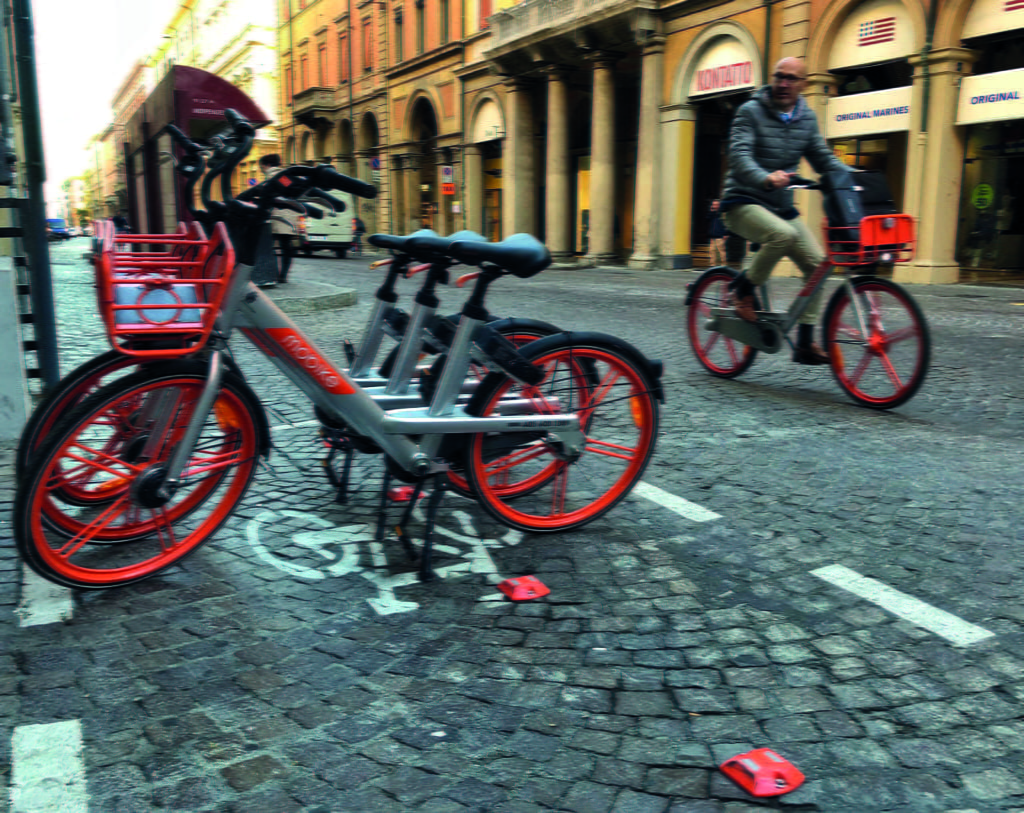CIE: Companies hit hard by coronavirus crises but remain confident of survival
Cycling Industries Europe (CIE) has today released the findings of its first Coronavirus Business Impact Survey which show an industry facing multiple challenges, but confident of survival. The majority of businesses have already acted and 95% of companies believe they are likely or very likely to survive the crisis. But workforces, marketing and investment could suffer deep cuts, which will hold back recovery.
CIE Chief Executive Kevin Mayne said:
“Thanks to CIE’s members we can publish the first report that shows the impact of COVID-19 right across European cycling businesses. Their leadership means that we can understand the scale of the challenge and direct our resources to where they can most help businesses to survive and recover. Our industry needs this information now.
I am very proud of the commitment made by our members to collaborate and to share our knowledge so we build from this low point together. The first challenge for companies is to survive this business slump, but the survey also confirms that we must help businesses to maximise limited resources when we get through to the post-virus recovery.”
With the clear message that most companies are in the “survival” stage of the crisis CIE’s next Member Briefing Webcast on 9 April will be Lessons for surviving COVID19, focussing on the issues in the survey including the internal impacts on the industry such as supply chain disruption, companies action plans and lessons for accessing state aid. Registrations here.
Main survey findings
Compared to March 2019, 72% of companies show a revenue decline, some as much as 100%. A few (15%) said revenues are up, but comments suggest this is a short-term lift at the beginning of isolation measures.
Over 70% of companies have experienced impacts within the industry such as supply chain issues, disruptions in investments and decrease in business to business sales. 38% report staff shortages due to isolation measures.
67% of companies have applied for or received some form of state aid, in most cases supporting wages. Despite this 41% of companies have reduced their workforce already. Of these 13% are down by over 80% and as an average they are down 35%. If this was replicated it could mean over 20,000 jobs reduced in the cycling industry and service sector, in addition to over 400,000 jobs already at risk in cycling tourism. Among CIE members the worst hit segment is bike share where 79% of respondents have reduced staff.
There are much deeper cuts in investment expenditures. 82% of companies have reduced marketing expenditure, on average by over 30%. 69% of companies have cut investments in product development, research and capital expenditure, on average by 34%. If this is typical of the whole sector there could be knock on effects for capital investment, research, product development, trade shows, advertising, sponsorship and services. The hardest hit companies here are in bikes, parts and accessories with 88% reducing marketing and 84% reducing investments.
